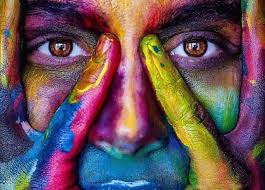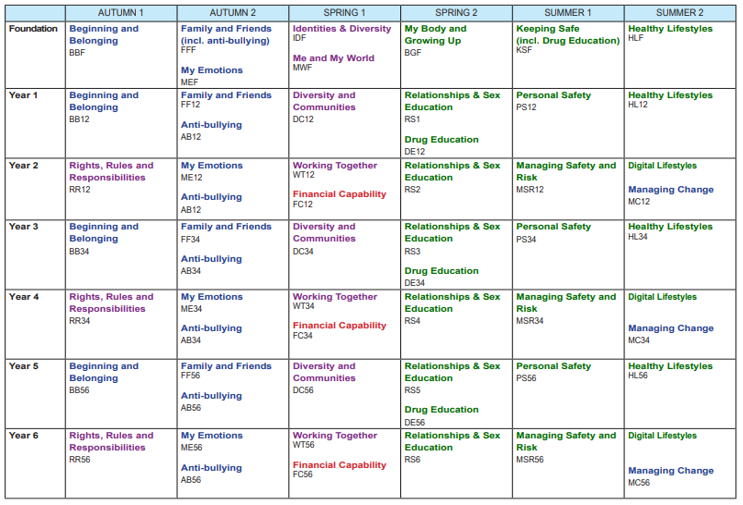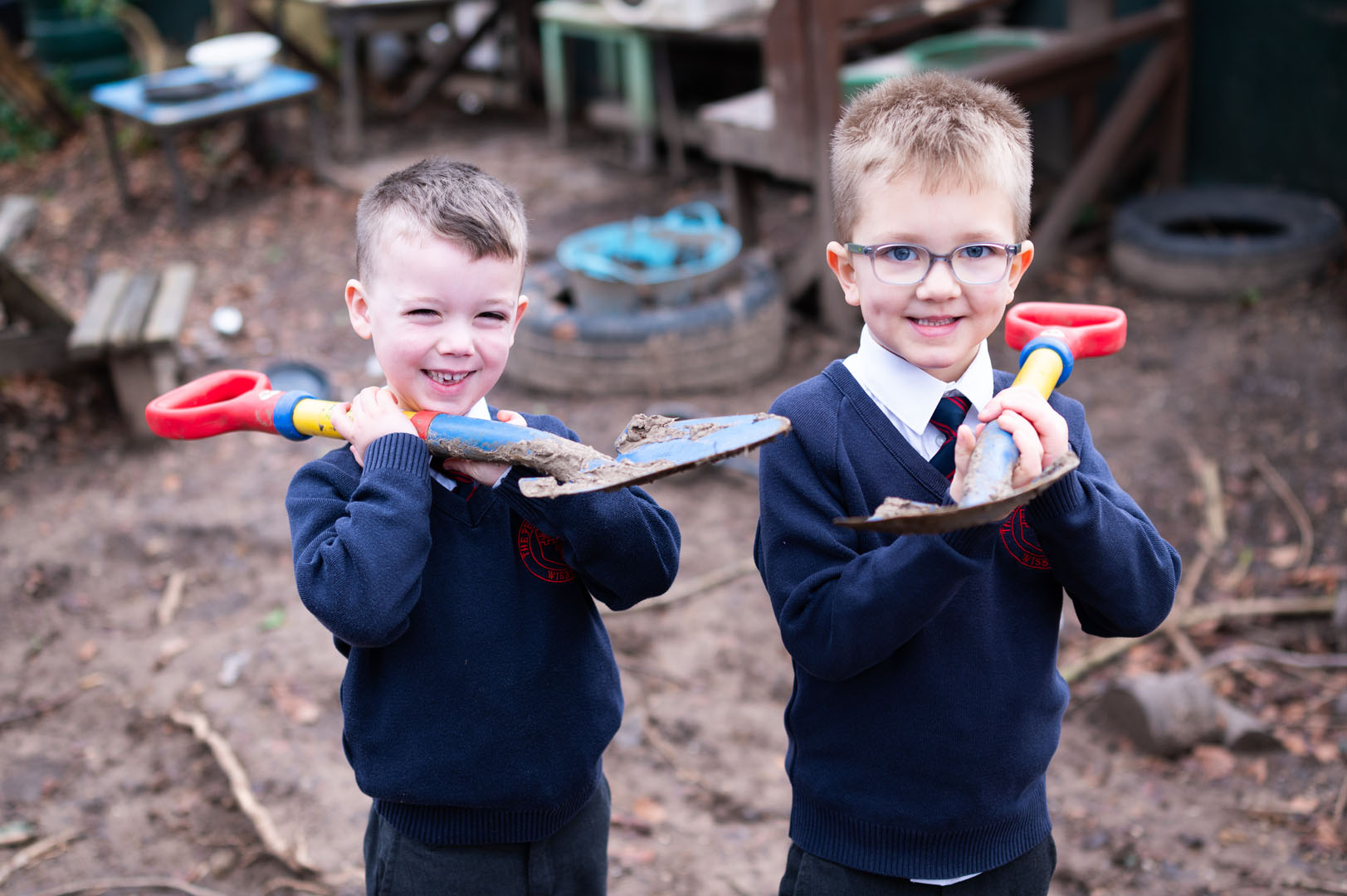PSCHE and RSE
 “You are braver than you believe, stronger than you see and smarter than you think.”
“You are braver than you believe, stronger than you see and smarter than you think.”
~AA Milne
PSHE( Personal, Social, Health and Education) Intent
Our PSHE curriculum is designed to meet the social and emotional needs of our diverse community. It provides children with a safe space to discuss, challenge and learn from each other, to develop their own views, opinions and values whilst supporting the children’s social, spiritual, cultural and physical development, their mental well-being and the acquisition of a strong moral compass. Throughout the PSHE curriculum the children will recognise others may hold different values and opinions.
Preparing children for their future in the wider community is fundamental. Teaching children how to recognise and manage their emotions; build resilience both emotionally and physically; to form and sustain healthy relationships; to be successful in life. Part of this is to develop a clear understanding of where to find help and support, in order to give children the best chance in life. We believe that we need to equip our children with the knowledge, understanding attitudes and practical skills to live healthy, safe, productive and fulfilled lives. We also strongly believe that teaching PSHE, should enable children and young people to reflect on and clarify their own values and attitudes, whilst respecting the values, views and opinions of others. Children should explore the complex and sometimes conflicting range of values they encounter now and will do in the future. PSHE is about developing a child’s sense of identity, their capacity to form and sustain relationships with others and to handle setbacks.
At Peckover Primary School we follow Cambridgeshire Personal Development Scheme of work.

RSE (Relationships and Sex Education) at Peckover Primary School
It is now statutory for all primary schools to deliver Relationships and Sex Education (RSE). We follow the Cambridgeshire Scheme for Personal Development which includes RSE.
Relationships and Sex Education is lifelong learning about ourselves. It includes learning about emotions, self-esteem, relationships, rights and responsibilities, sexual behaviour, sexuality and sexual health. RSE is an entitlement for all children in our school. It takes place at home, at school and other places in the community. Annually, parent information events are held alongside written communication to ensure key information and support is offered. If your child is in Y4 or Y6 they will study specific units which address sex education. Individual year group letters are sent, prior to the teaching in class, to detail this and outline your right to withdraw your child from specific lessons in the sequence.
If you would like any further information please contact your class teacher in the first instance and/or the PSHE lead.
For further information about Relationships Education please review the BWT policy which can be found here.
